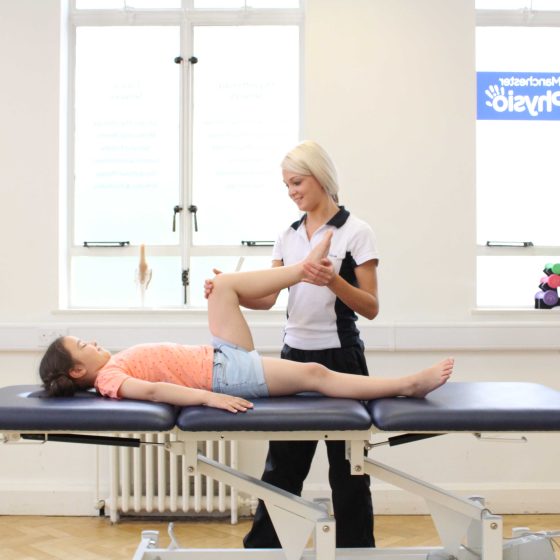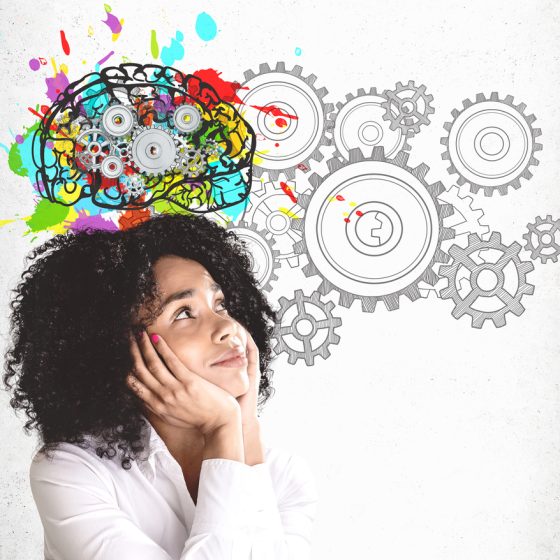Tourette syndrome
Key facts Tourette syndrome is a genetic inherited neurological disorder, which means it can be passed on from birth parents to their children. Signs of Tourette syndrome usually begins between 2 and 21 years of age. It causes people to make involuntary and uncontrollable vocal sounds and movements called tics. People with movement tics can find themselves jerking their head, stretching their neck, stamping their feet, and twisting and bending. People with vocal tics might clear their throat, cough, sniff, click their tongue, grunt, yelp, bark or shout. There is no cure for Tourette syndrome, but treatment with medicines can







